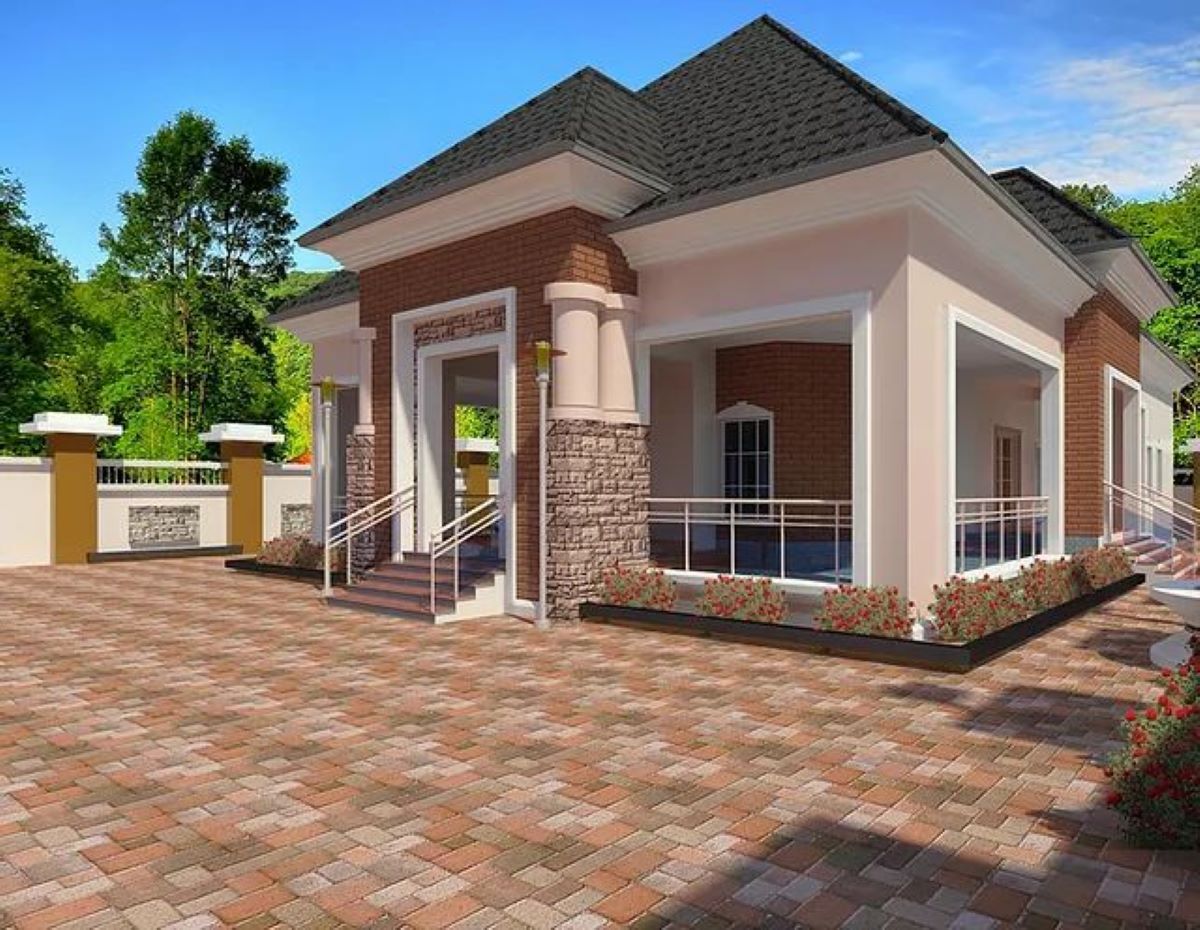The recent groundbreaking for a Bahá’í House of Worship in the Democratic Republic of the Congo (DRC) marks a significant milestone not only for the Bahá’í community but also for the broader societal landscape of the region. This event transcends mere construction; it signifies the embodiment of fundamental Bahá’í teachings advocating for unity, peace, and the advancement of humanity. As we delve into the implications of this remarkable occasion, we uncover the profound significance behind creating a house for all.
The concept of a Bahá’í House of Worship, or Mashriqu’l-Adhkár, is not merely a physical structure but a holistic representation of the Bahá’í ethos. Designed to serve as a gathering place for individuals of diverse backgrounds, it fosters an environment where people can come together in fellowship, irrespective of their religious affiliations. This inclusivity is rooted in the Bahá’í principle that all humans, regardless of their differences, are equal and share a collective destiny. The DRC House of Worship will stand as a beacon of hope, encouraging unity in a nation often plagued by division.
The Bahá’í teachings emphasize the importance of spiritual and material harmony. The establishment of this House of Worship aims to cultivate spiritual growth alongside social development. There is an inherent recognition in the Bahá’í Faith that true progress is realized when the spiritual and the practical coexist harmoniously. Thus, the DRC House of Worship will not only serve as a center for prayer and reflection but also as a catalyst for community development initiatives. By incorporating educational programs and social services, it seeks to address the myriad challenges faced by the local populace.
Historical precedents illuminate the significance of such institutions. The first Bahá’í House of Worship, located in Ashgabat, Turkmenistan, was completed in the early 20th century, setting a precedent for similar structures worldwide. These Houses of Worship have historically served dual purposes: as sacred spaces for spiritual activities and as platforms for social engagement and education. In a world where religious intolerance and social inequity are rampant, the establishment of a House of Worship in the DRC provides a vital opportunity for interfaith dialogue and collaboration.
Central to Bahá’í teachings is the notion of oneness—of God, of humanity, and of religion. The DRC House of Worship will embody this principle through its architecture, which is designed to reflect natural elements and embrace local cultural heritage, resonating with the idea that worship should be accessible and reflective of the community it serves. As the local populace engages with this structure, it becomes a repository of local culture and identity, harmoniously integrated into the spiritual sphere.
Furthermore, this House of Worship acts as a microcosm of a broader vision for global harmony. It reflects the Bahá’í commitment to the formation of a just and peaceful world order. The principles of collective security and collaboration resonate deeply within the context of the DRC, a country that has endured significant strife. The spiritual principles embodied in this House are intended to inspire both local and international communities to work cooperatively towards peace and understanding, transcending historical grievances and building a shared future.
The groundbreaking ceremony itself is an emblematic affirmation of faith. It marks a new chapter in the narrative of the Bahá’í community in the DRC, representing their resilience, dedication, and unyielding hope for the future. As the physical construction progresses, it also serves as a spiritual endeavor, inviting community members to engage actively in its realization—a reflection of the Bahá’í belief that community participation is integral to societal advancement.
Additionally, this House of Worship has the potential to become a hub for transformation. As the designated ‘House of Worship for All,’ it signifies a sanctuary where individuals from all walks of life can seek solace, engage in spiritual enrichment, and participate in constructive dialogue. The DRC’s House will host programs designed to address pressing community issues such as education, health, and social justice. Through concerted efforts, the Bahá’í community aspires to contribute to the broader development agenda of the country.
Moreover, the significance of this endeavor extends beyond the geographic confines of the DRC. It serves as an illustrative model for other nations grappling with similar challenges of division and conflict. The House of Worship exemplifies how faith can be a foundation for social cohesion, infusing the ethos of empathy and service into the community’s fabric. As such, it prompts a rethinking of the role of religious institutions in society, urging them to step beyond insular worship and actively engage in addressing social ills.
In conclusion, the groundbreaking of the Bahá’í House of Worship in the DRC encapsulates a profound journey towards inclusivity, unity, and empowerment. This monumental project not only reflects the Bahá’í teachings but also acts as a symbol of hope and resilience for a nation in need. Such sacred spaces have the potential to bridge divides, foster understanding, and promote the harmonious coexistence of humanity. As communities around the world look to this undertaking with interest, it inspires reflections on the enduring importance of spiritual and social responsibility—central tenets in the quest for a more just and united world.
